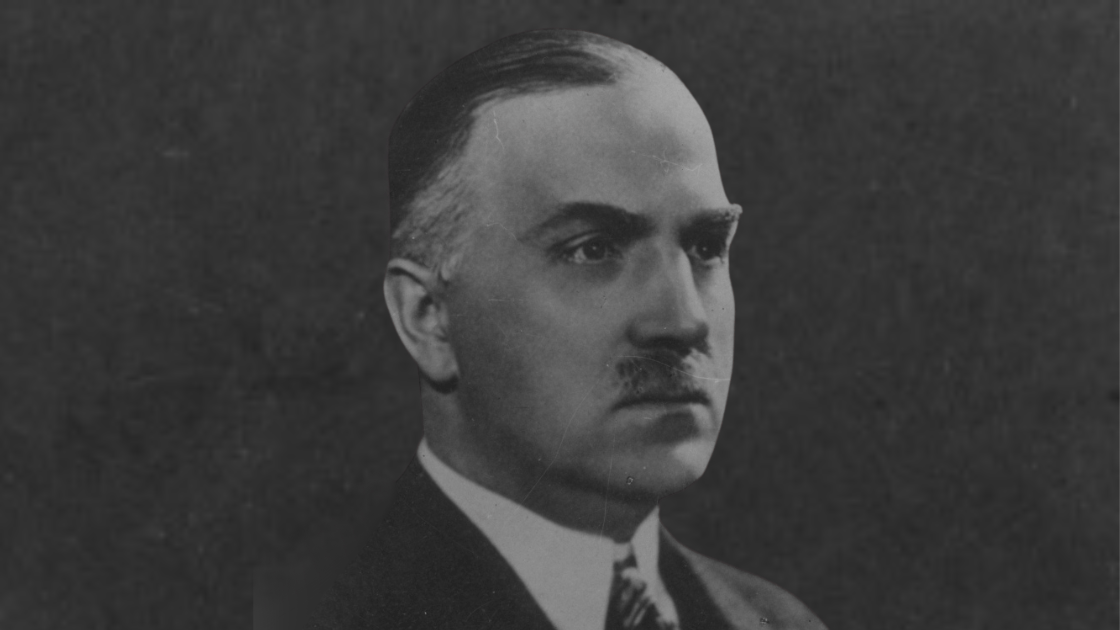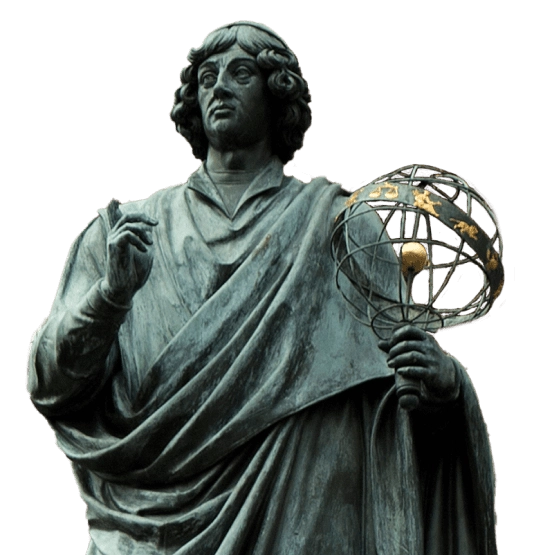October 23, 2025 marks the 140th anniversary of the birth of Prof. Jan Czochralski – one of Poland’s most outstanding scientists, inventor of the method of producing single crystals, without which modern smartphones, computers, and electronic devices would not exist. It was his discovery in 1916 that ushered in the era of silicon and modern semiconductor electronics.
Jan Czochralski was born on October 23, 1885, in Kcynia, near Bydgoszcz. While working in the laboratories of the AEG concern in Berlin, he accidentally discovered a method for obtaining metal single crystals – the so-called Czochralski method. It is according to this principle that semiconductor crystals used in millions of electronic devices around the world are manufactured today.
Despite his enormous contributions, for decades his name was almost completely erased from the history of science in Poland. After World War II, he was unjustly accused of collaborating with the occupiers and excluded from the circle of scientists at the Warsaw University of Technology. Although the investigation was discontinued due to lack of evidence, he remained a forgotten figure for decades.
For many years, he was omitted from encyclopedias and textbooks. It was only a document found in 2011 in the New Records Archive, confirming his collaboration with the intelligence service of the Home Army Headquarters, that finally cleared his name. In the same year, the Senate of the Warsaw University of Technology, by a resolution of June 29, fully rehabilitated Professor Jan Czochralski – 66 years after his death.
On the occasion of this anniversary, the university also organized a meeting with the contemporary heir to the family’s scientific legacy – Fred Schmidt, Jan Czochralski’s grandson. An American entrepreneur, investor, and innovator from Austin, Texas, he has been promoting the ideas of creativity and technological development for years. In his lecture “From Refugee to MBE – An Improbable Journey,” Fred Schmidt emphasized the importance of combining science with entrepreneurship and international cooperation in building an innovative economy.
“My grandfather’s legacy is not only his method, but his way of thinking – the courage to experiment and the belief that Polish scientific thought can change the world,” he said during a meeting with students.
Prof. Czochralski’s scientific achievements include over 120 publications, dozens of patents, and thousands of pages of technical reports, including studies in the field of metallurgy and materials engineering. His inventions have been used in the railway, aviation, and electronics industries. Today, Czochralski’s method remains the foundation of semiconductor technology, which is used in almost all modern devices, from smartphones to satellites.
Although he remained a forgotten figure in Poland for many years, today his name is proudly mentioned alongside the world’s most outstanding scientists. The 140th anniversary of his birth is not only a moment of remembrance, but also an inspiration for young researchers and innovators to boldly pursue their own discoveries and believe in their global significance.






